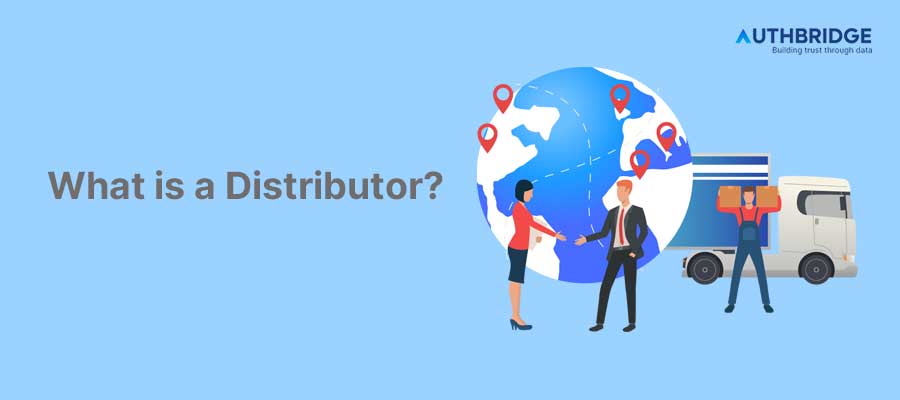What Is A Distributor? Roles, Types, And Benefits

Introduction
A distributor is an entity or individual that helps move products from manufacturers or producers to retailers, wholesalers, or directly to consumers. Distributors play a crucial role in the supply chain by facilitating the sale and distribution of goods. Here are the key aspects of a distributor's role:
Key Functions of a Distributor:
- Product Storage and Handling:
- Distributors typically purchase products in bulk from manufacturers and store them in warehouses. They handle inventory management, ensuring products are available when needed.
- Sales and Marketing:
- Distributors often have dedicated sales teams that promote products to retailers, wholesalers, or directly to consumers. They may also participate in marketing activities to increase product visibility and demand.
- Logistics and Distribution:
- Distributors manage the logistics of transporting products from warehouses to retailers or end customers. This includes handling shipping, delivery schedules, and ensuring timely distribution.
- Customer Support and After-Sales Service:
- Distributors provide customer support, addressing issues related to product quality, delivery, and returns. They may also offer after-sales services such as product installation, maintenance, and repairs.
- Market Expansion:
- Distributors help manufacturers expand their market reach by leveraging their established networks and relationships with retailers and other buyers.
Types of Distributors:
- Exclusive Distributors:
- These distributors have exclusive rights to sell a manufacturer's products within a specific region or market. They are often responsible for all sales and marketing activities in that area.
- Non-Exclusive Distributors:
- These distributors do not have exclusive rights and may compete with other distributors selling the same products. Manufacturers may use multiple non-exclusive distributors to cover different regions or market segments.
- Wholesale Distributors:
- These distributors buy products in large quantities from manufacturers and sell them to retailers or other businesses in smaller quantities.
- Retail Distributors:
- Retail distributors purchase products from manufacturers or wholesalers and sell them directly to end consumers. They operate through physical stores or online platforms.
Benefits of Using Distributors:
- Market Reach and Penetration:
- Distributors have established networks and market knowledge, enabling manufacturers to reach a broader audience quickly.
- Cost Efficiency:
- By outsourcing distribution, manufacturers can reduce costs related to warehousing, logistics, and sales operations.
- Focus on Core Activities:
- Manufacturers can concentrate on product development and production while distributors handle sales, marketing, and distribution.
- Improved Customer Service:
- Distributors can provide localized customer support and services, improving overall customer satisfaction.
Examples:
- Technology Products: A technology distributor might buy electronic devices from manufacturers like Apple or Samsung and distribute them to retailers such as Best Buy or directly to consumers via online sales.
- Food and Beverage: A food distributor might purchase products from a food manufacturer and supply them to supermarkets, restaurants, and other food service establishments.

Abhinandan Banerjee
(Associate Manager - Marketing)
Abhinandan is a dynamic Product and Content Marketer, boasting over seven years of experience in crafting impactful marketing strategies across diverse environments. Known for his strategic insights, he propels digital growth and boosts brand visibility by transforming complex ideas into compelling content that inspires action.



